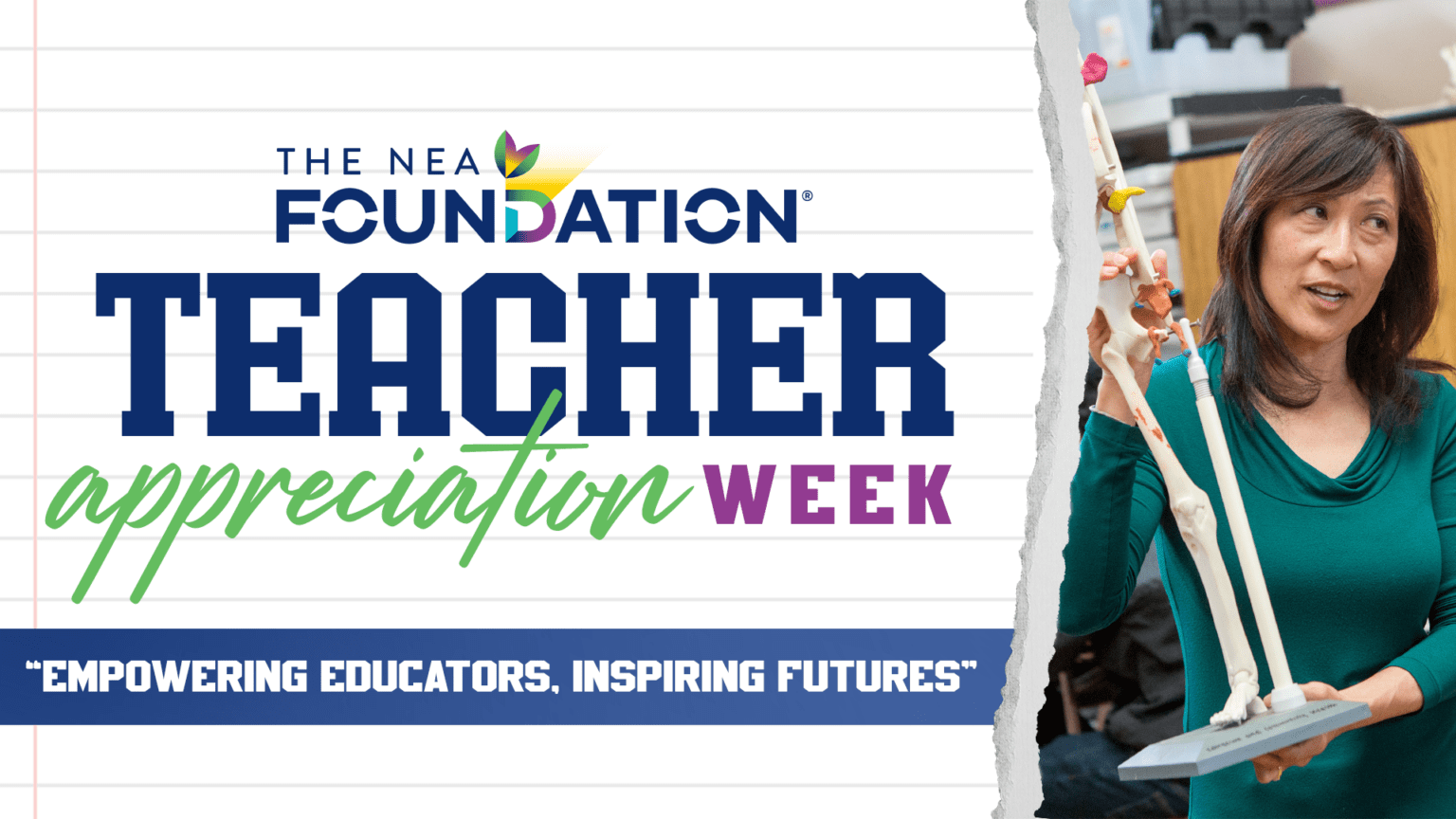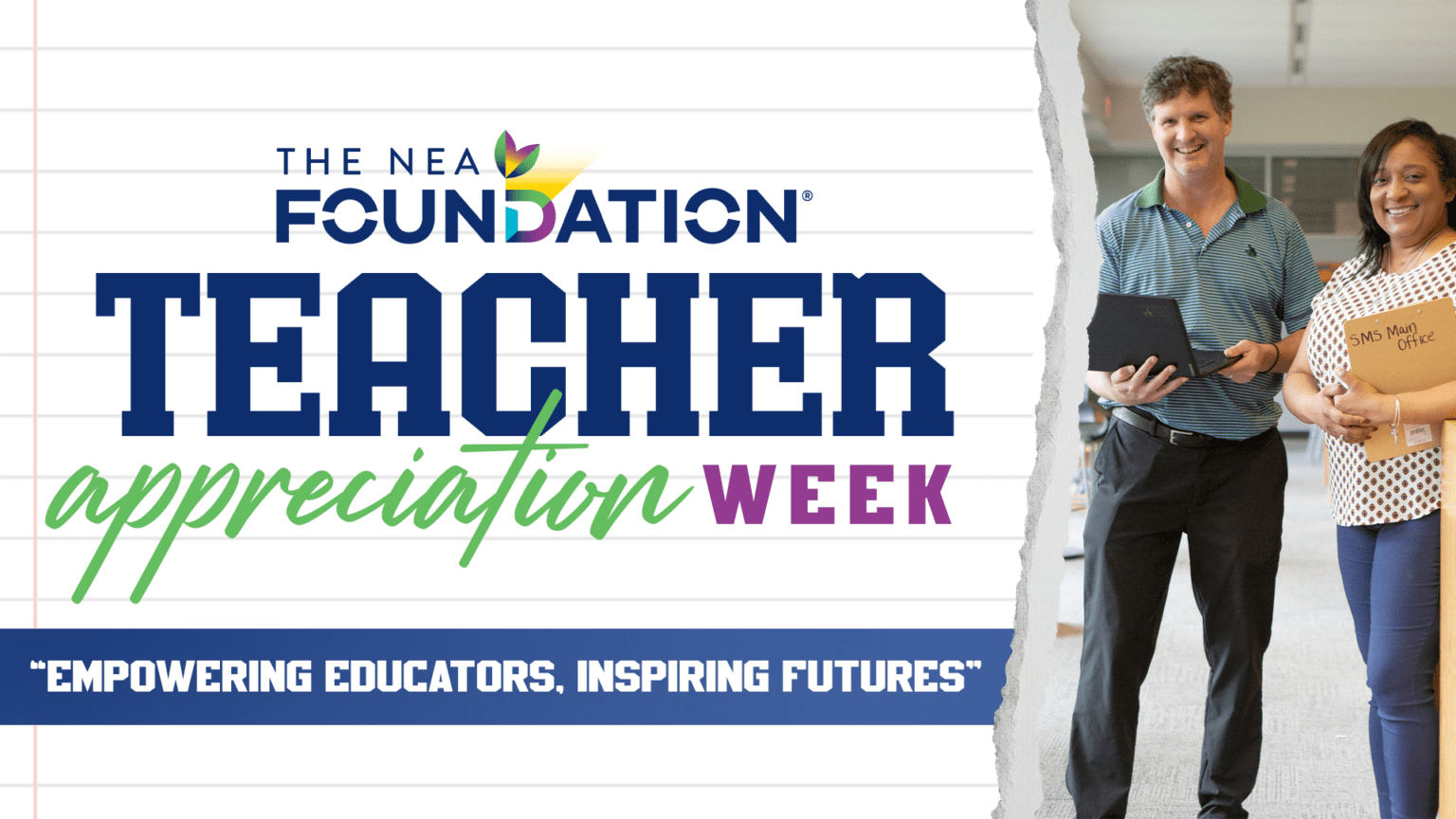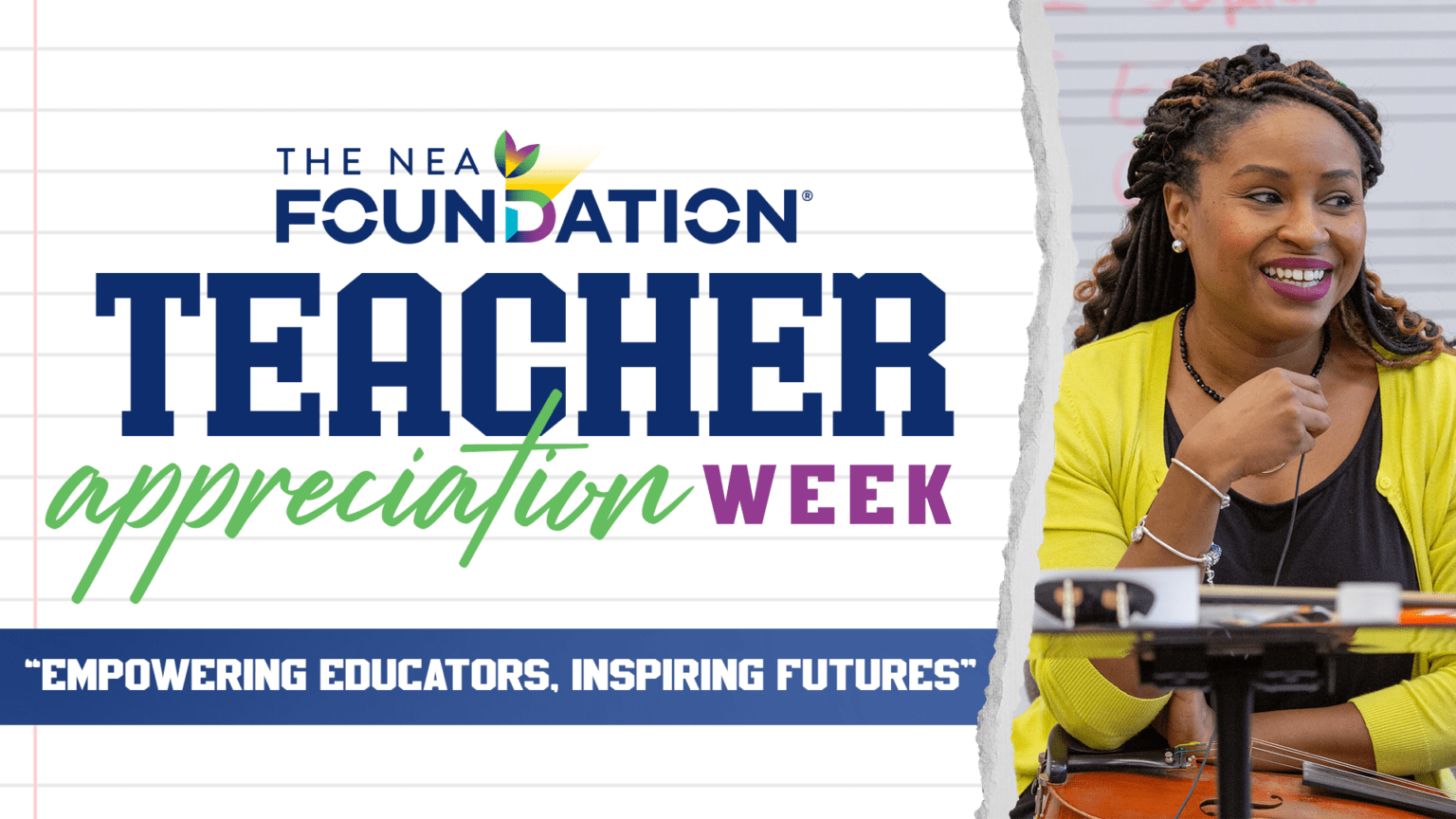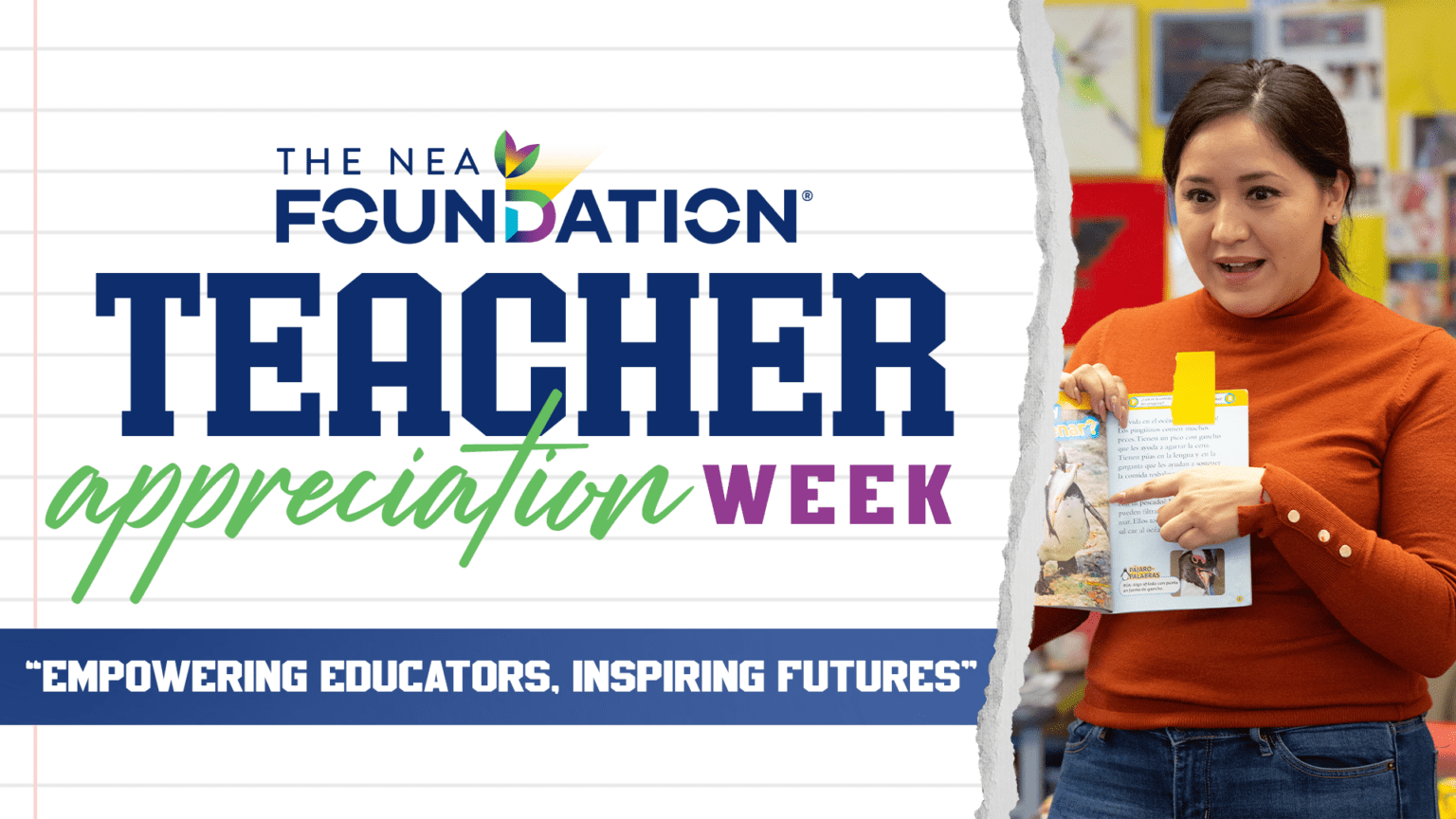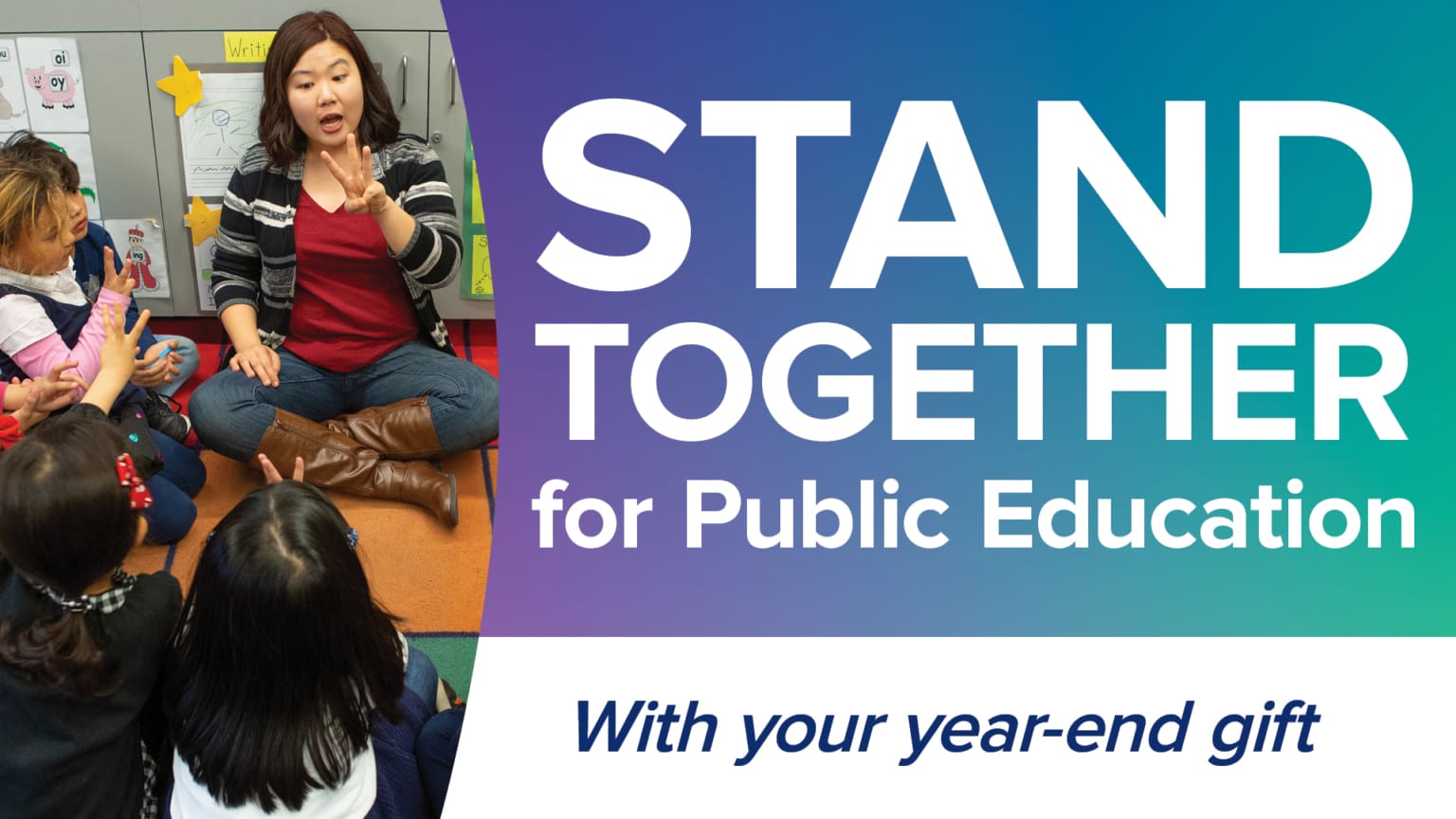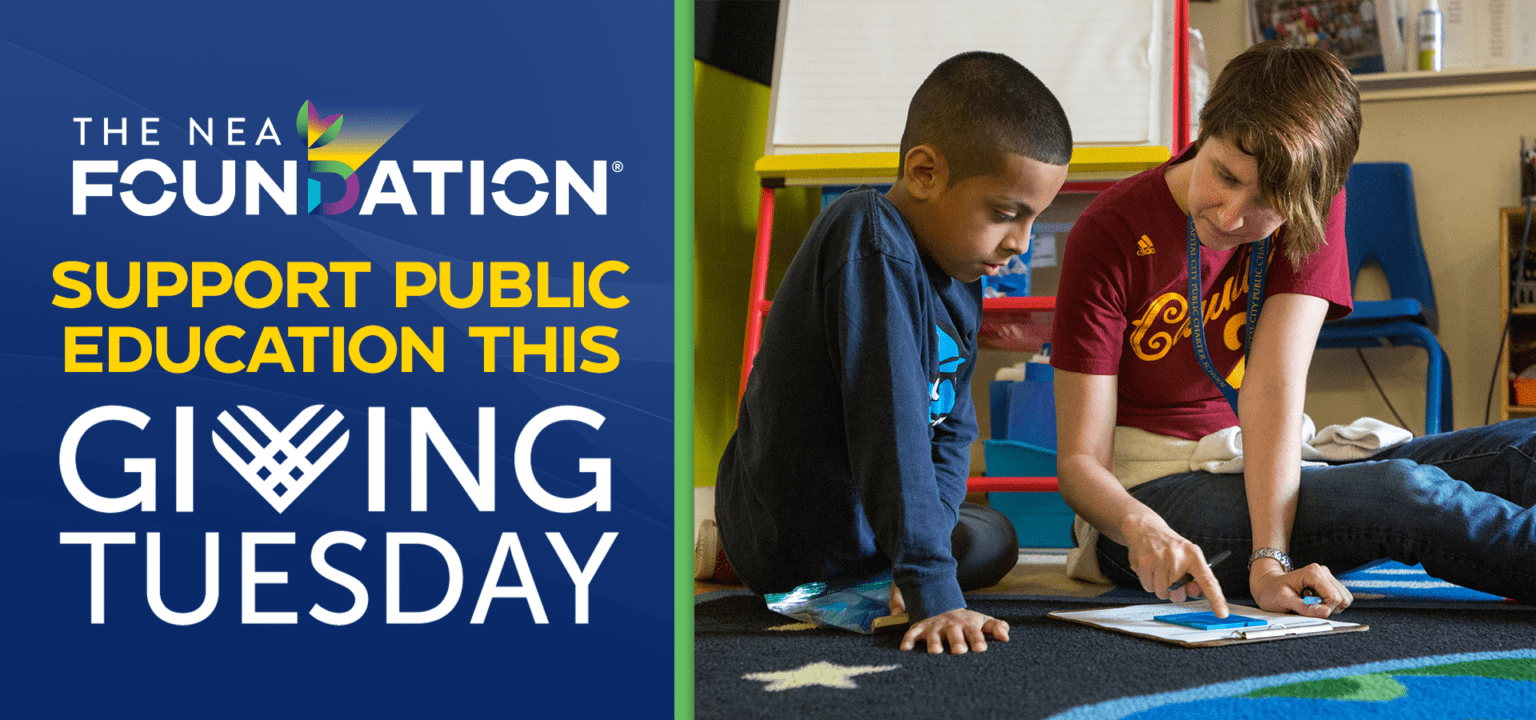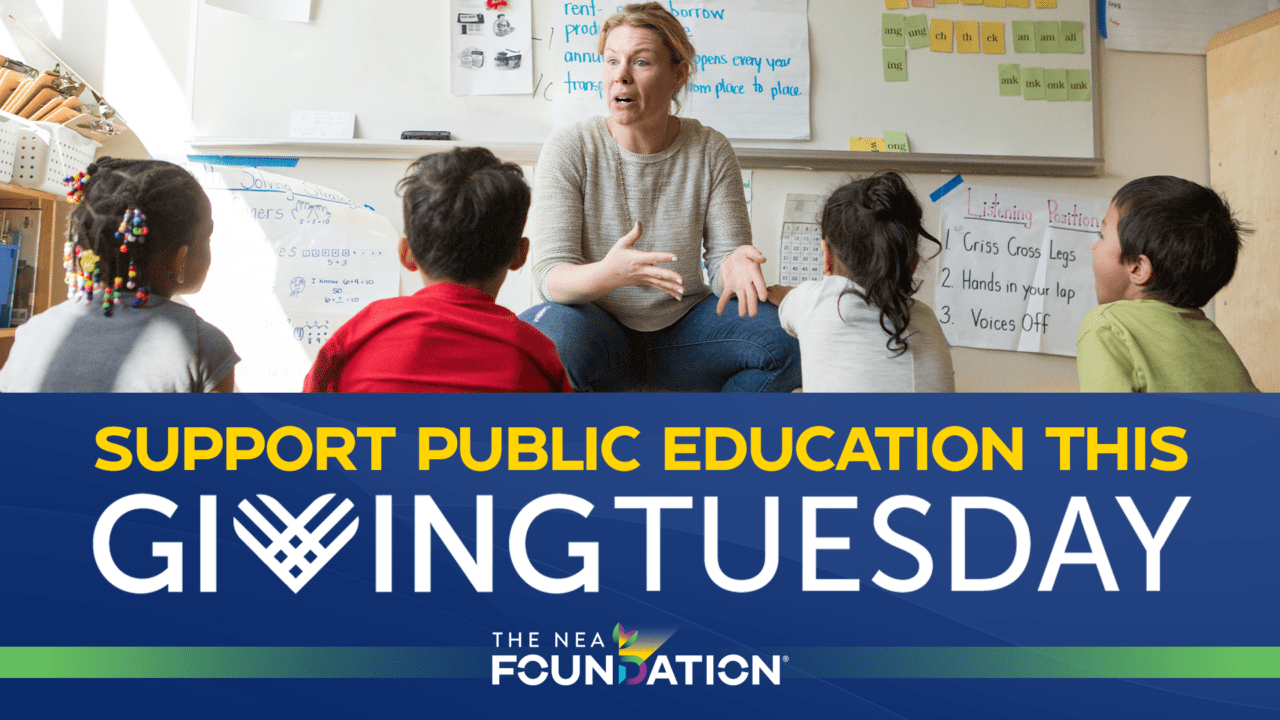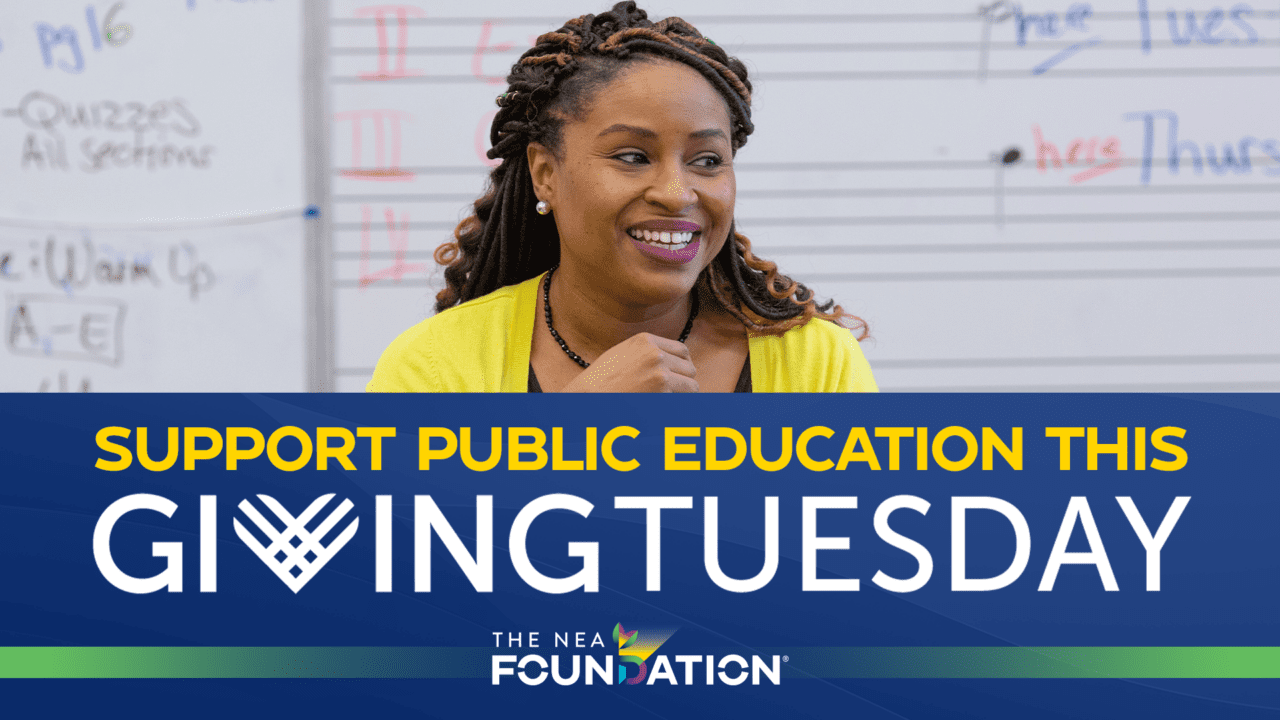By Robert Adams
Member, Board of Directors
The NEA Foundation
The Pearson Foundation Global Learning Fellows 2013 Study Tour began in São Paulo on June 20, 2013. The Fellows arrived in Brazil at an important moment in Brazilian history. More than a million people mobilized across Brazil to advocate for more state resources for education. The Fellows also got to witness other aspects of social change in Brazil.
Education is a key area of Brazilian social change. For the past 25 years, Brazil has been a leader in developing and piloting new strategies to increase access and reduce repetition and dropout rates. These have included family food subsidies tied to student attendance as well as increasing educational quality. Meanwhile, the United States is also struggling to provide quality education and equal access in the face of increasing global competition. Teachers, whether in Brazil or the United States, are key drivers of education reform. The Global Competency Study Tour permits some of our country’s greatest teachers to observe and learn from their Brazilian colleagues.
On Friday [June 21, 2013], the Fellows visited two schools sponsored by Partners in Education, an innovative education initiative in São Paulo. The NGO facilitates collaborations between the private sector and public schools to improve teacher quality, increase administrative capacity, and promote higher levels of student achievement. Business sector leaders select individual schools in low income areas to provide a combination of monetary support and technical assistance. The Partners in Education effort is one effort by the private sector in São Paulo to transform the city’s traditionally under-performing school system into one of the best in the world. Almost 70 schools are currently piloting the project, a 110 more scheduled to come online in 2014.
The Fellows began their school visits in São Paulo, visiting two model schools that are leading the way in education reform in São Paulo. The first school was a high school, Escola Alexandre Von Humboldt. The school serves a low income community in the city. As a result of its collaboration with Partners in Education, the school has increased its level of college bound graduates from 5 percent to an astonishing 50 percent. Shifting the traditional model of half day instruction to a full day of instruction is also part of the dramatic improvement.
The second school, Henrique Dumont Villare, is an elementary school in São Paulo that serves a low income student body between the ages of 6 and 10 years of age. Fellows were impressed with the school management and teaching they witnessed in the classroom. The highlight of the visit was participating in a Capoiera Circle with the students. The combination of music and physical exercise is used as an important tool for building the whole body student based on a foundation of strong self esteem.
At both schools, the Fellows presented gifts to teachers, students, and administrators brought from the states in a show of appreciation and international friendship. Everyone is looking forward to what the next few days will bring.

